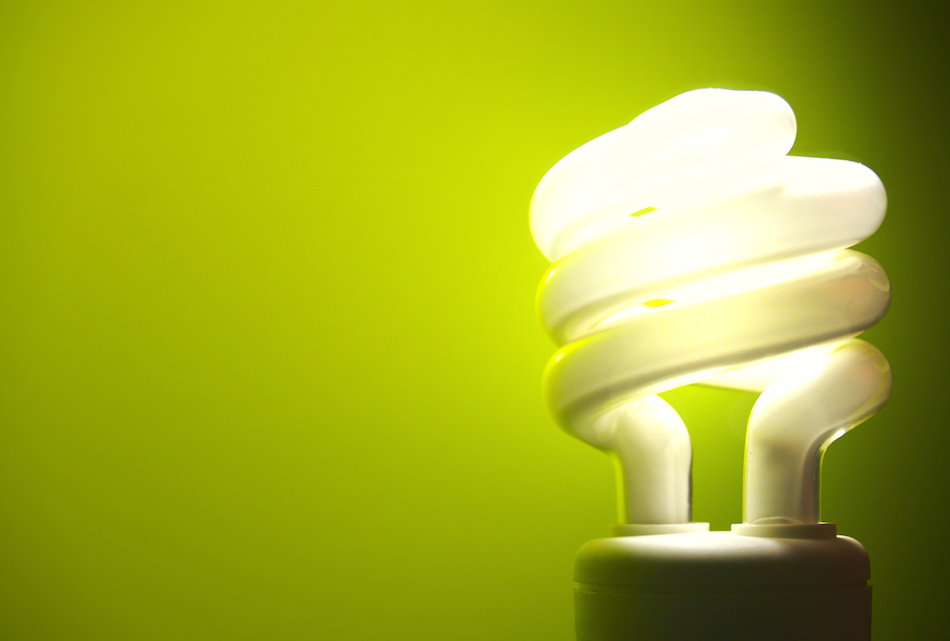How to Get the Best Returns from Your Home Energy Projects
Posted by Justin Havre on Friday, March 23rd, 2018 at 11:32am.
 Most homeowners want their home to be as efficient as possible, but it's not always clear what the best path is to get to that destination. After all, even the most energy-conscious individual isn't likely to spend $15,000 for solar panels if they're planning to move out in six months. To really understand how to get the most out of the energy projects a homeowner takes on, they need to learn more about the actual state of their home as well as the average returns for each project.
Most homeowners want their home to be as efficient as possible, but it's not always clear what the best path is to get to that destination. After all, even the most energy-conscious individual isn't likely to spend $15,000 for solar panels if they're planning to move out in six months. To really understand how to get the most out of the energy projects a homeowner takes on, they need to learn more about the actual state of their home as well as the average returns for each project.
Insulating the Home
Homeowners who want to make their home more efficient typically can't go wrong with upgrading the insulation. This step isn't as simple as it sounds, but the effort is minimal compared to the nearly guaranteed returns of over 100%. Most experts agree that this move can be one of the smartest ways to both improve the home and save on heating and cooling costs at the same time. Because insulation standards in Canada change on a regular basis, talk to an installer about the best insulation grade for the home. In addition, be sure to find out more about how extra insulation might affect the ventilation of the home.
Conduct an Energy Audit
While insulation is (usually) a sure-fire bet for homeowners, not all projects fall under the same category. An audit can give the homeowner a chance to single out the problem areas so they can divide, conquer, and maximize their returns. Whether the main problem is stemming from the ventilation system or the inefficient appliances, it can be an eye-opener for owners who may not have realized the extent of their issues. Audits vary based on the province in which a homeowner lives, but will usually cost around $500 for a full audit or $300 to test the ductwork. It's also possible to conduct your own energy audit, though the results will likely not be as accurate or detailed.
Know Your Appliances
Most people know that their older appliances likely are not doing them any favors when it comes to their energy bills. What they may not know is that certain appliances do far more damage than others. When it comes to the average returns on an investment, homeowners may want to consider switching their thermostat or sprinkler system. Smart technology today is designed to conserve water and power based on environmental and situational circumstances.
So if the family will be on vacation, a smart thermostat will only heat the home enough to ensure that the system isn't shocked when the family returns. A smart sprinkler can detect not only when it's raining, but also when it will rain so it can schedule the correct amount of water distribution. On the other hand, a new washer will typically take about 6 years to pay for itself because it can only save the owner so much per load.
Consider Grants
Canada has a number of different grants, rebates, and incentives that homeowners can take advantage of if they choose to make their home more energy efficient. (The more people take care of their homes, the more likely it is that neighborhoods won't fall into disrepair.) Incentives offered vary based on both the location a person is in and how much they're willing to invest in their home.
For example, a homeowner may need to conduct two separate energy audits in order to qualify. The good news is that these benefits are doled out only when homeowners make the most energy efficient upgrades to their home, meaning the rebates and grants are coupled with lower utility bills. This is a great option for those who may not stay in their homes much longer.
Consider Resale Value
Each neighborhood, such as Cimarron, has its own vibe when it comes to what looks attractive to homeowners. Some people are content to live with basic energy provisions, while others value solar panels and low-flow toilets. When it comes to the returns of each investment, homeowners need to know more about who may eventually buy their home in order to really calculate what the final returns on their investment. Replacing the windows, doors, and lighting may be a relatively inexpensive way to attract better home offers. In other parts of Canada, homeowners may need to go the extra mile to convert their homes for maximum energy efficiency.
Thankfully, there is no wrong move when it comes to improving the energy efficiency of a home. Every step a homeowner takes is a step toward a greener and healthier world. However, it's clear that not all energy upgrades will yield the same returns. Besides insulation (which is usually the right move for most homeowners), the exact projects that homeowners should take on will vary based on both the location and condition of the home.
